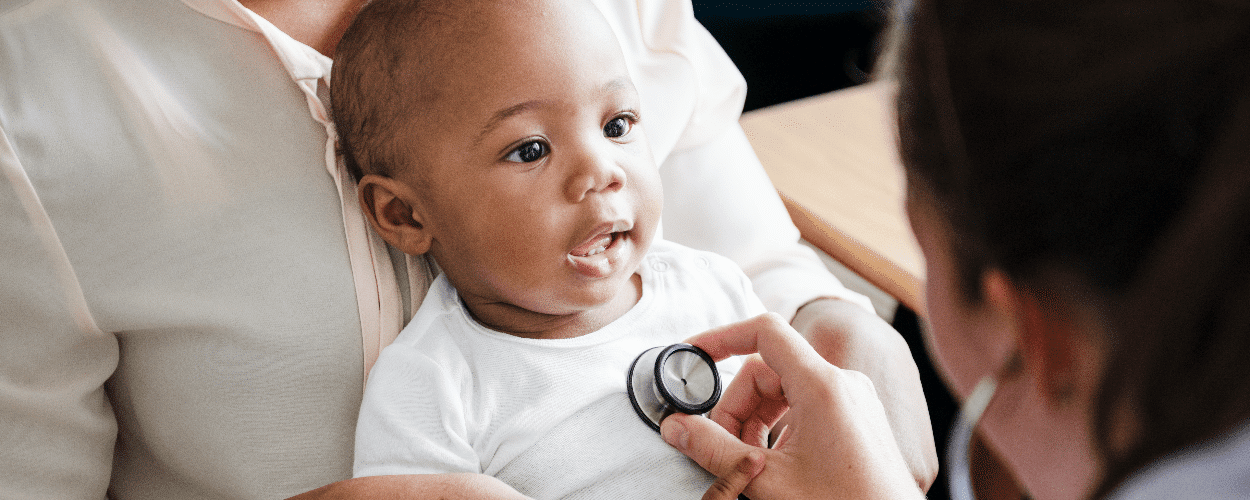"Exploring the Effect of IVF on Baby's Genes: What You Need to Know"
When considering IVF (In Vitro Fertilization), many people wonder if the procedure can have any impact on the baby’s genes. As a parent, it’s natural to be curious about how a medical procedure affects your child’s health and wellbeing. Here are some of the things you should know regarding IVF and its effect on the baby’s genes.
What is IVF treatment?
IVF is a procedure that involves fertilizing an egg with sperm in a laboratory setting. The resulting embryo is then placed back into the uterus in the hope of successful pregnancy, just like natural conception. Research has shown no evidence that IVF affects the genes of a baby conceived through the procedure.
Effect of IVF on Baby’s Genes
Several studies have compared the DNA of children born via IVF to those conceived naturally, and no significant differences were found. The DNA of a child is determined at fertilization, which occurs during IVF in the same way as natural conception.
However, some studies suggest that certain factors relating to IVF could impact the baby’s genes. For example, the use of fertility drugs is one thing that could contribute to epigenetic alterations to the baby’s genes.
Epigenetics involves changes in DNA function that are not related to the actual DNA structure. These changes can be caused by environmental factors, including temperature, chemical exposure, and medications. Fertility drugs, in particular, are known to stimulate hormone production, which can, in turn, affect the baby’s DNA function. It can cause a change in gene expression.
While these alterations do affect how easily certain genes are expressed, research suggests that the vast majority of babies conceived through IVF do not develop any problems from them.
It’s essential to understand that no medical procedure is risk-free. Speak to your doctor to understand the potential risks and benefits associated with IVF. But overall, the evidence suggests that the procedure does not affect the genes or genetic makeup of children born via IVF.
Conclusion
IVF is a safe and effective way for couples who are dealing with fertility challenges, and understanding how the procedure works and its impact on your child’s genes can be reassuring. If you’re considering IVF and have concerns, it’s always best to talk to your fertility specialist about your options and any potential risks that may occur.









